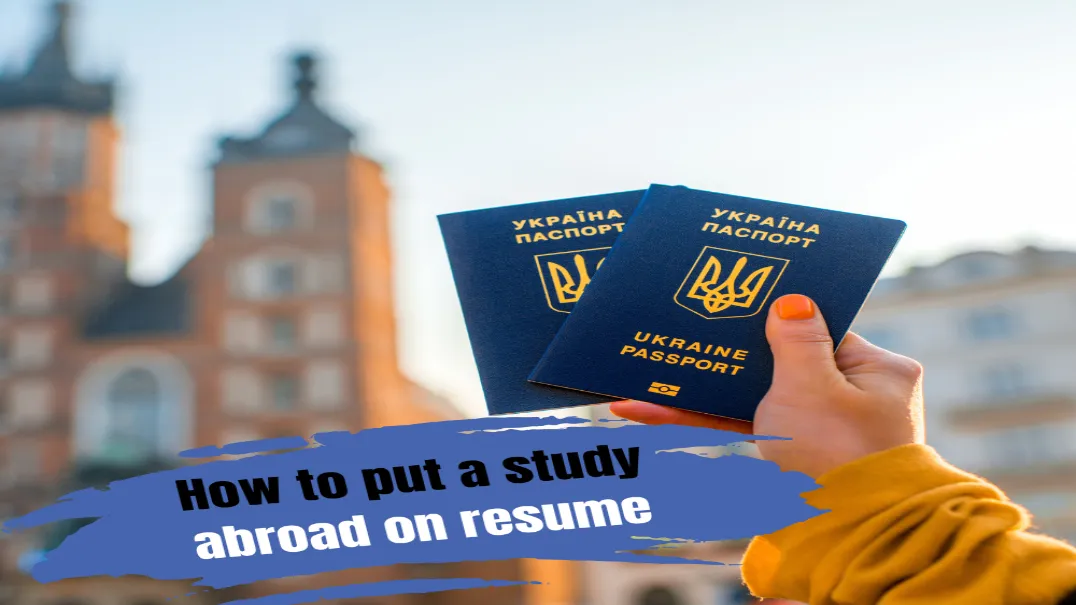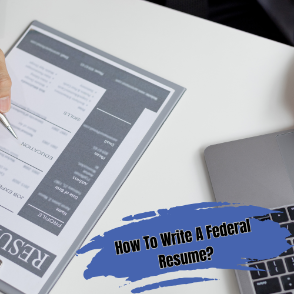Studying abroad can add considerable value to your resume and increase your
competitiveness when
applying for internships and jobs. However, how can you effectively and persuasively emphasize your
study abroad experience on your resume? Here are some pointers:
Decide Where to List Your Study Abroad Experience
In crafting your resume, consider showcasing your study abroad experience in two primary
sections:
education and experience. For recent graduates or those with limited work experience, featuring
study abroad in the education section can be impactful. It shines a spotlight on your
international
academic journey, signaling to potential employers your exposure to global education.
For those with a more robust work history, weaving your study abroad stint into the experience
section is beneficial. This approach allows you to underline specific skills or insights you
acquired overseas, enriching your professional narrative with a global perspective.
Include the Key Details of Your Study Abroad Experience
Make sure to include the following important information on your resume when describing your
study
abroad experience:
- The name of the foreign school you attended
- The country and location of your overseas study
- The dates of your program to study abroad
- Any pertinent coursework or projects you did while visiting another country
- Emphasize the knowledge and expertise you acquired while abroad.
Highlight the Skills and Experience You Gained While Abroad
Make sure to emphasize the skills and experience you acquired while studying abroad in addition
to
providing a summary of the important aspects of your experience. This might consist of:
- Language proficiency
- Cultural acuity
- Communication skills
- Skills for Collaboration
- Skills for resolving issues
- Adaptability
Customize Your CV to the Job You Are Seeking
Tailor your CV to match the specific job you're targeting. Focus on highlighting experiences and
skills that align closely with the job requirements, including your time spent abroad. If the
role
demands language skills or cultural insight, make sure to detail your study abroad experience in
your cover letter or resume summary.
Put Your Achievements into Numbers
When describing your achievements from studying abroad, use numbers to provide a clear impact.
For
example, instead of simply stating "conducted a research project on sustainable tourism," you
could
specify "conducted a sustainable tourism research project, leading to a 20% growth in bookings
for
local eco-friendly businesses." This approach offers a tangible measure of your experience's
impact.




